
Sign in
Sign in to save favorite properties and equipment, save your search parameters and more
Don’t have an account yet? Sign Up Now
Sign up
Already have an account? Login Now


Sign in
Sign in to save favorite properties and equipment, save your search parameters and more
Don’t have an account yet? Sign Up Now
Sign up
Already have an account? Login Now
There’s a certain allure to owning a ranch in the American West. It’s a call to freedom, space, and a deep connection to nature. If you’re a farm and ranch lover yearning for a retreat from modern life, the appeal of finding a ranch for sale is undeniable. The vast landscapes of Colorado, Montana, Idaho, and Wyoming offer a unique opportunity to live out this dream.
Each state presents its own unique charm. From the Rocky Mountains of Colorado to the “Big Sky Country” of Montana, the secluded retreats of Idaho to the iconic western heritage of Wyoming, there’s a ranch out there that’s just right for you. But finding the perfect ranch isn’t just about the view. It’s about understanding the land, the local wildlife, and the potential for outdoor recreational activities like hunting and fishing.
In this guide, we’ll explore what to look for when considering ranches for sale in these states. We’ll delve into the unique aspects of each location, and provide practical advice to help you find your perfect ranch. So saddle up, and let’s embark on this journey together. The perfect ranch is waiting for you, right over the horizon.
There’s a magical quality to Western ranches that captivates the soul. It’s the wide-open spaces and the sense of boundless freedom that they offer. For many, it’s a chance to escape the hustle of urban life. Ranches embody a lifestyle steeped in tradition. They offer a chance to reconnect with the land and embrace a slower pace. There’s something deeply satisfying about cultivating the land, managing livestock, and nurturing wildlife. With modern technology, running a ranch has become more efficient. However, the timeless rhythm of nature still dictates daily life. You rise with the sun and retire as the stars blanket the sky.
For outdoor enthusiasts, ranches open a world of adventure. Hunting, fishing, horseback riding, and hiking are just the beginning. The land becomes your playground, and the opportunities are endless. Ranch ownership is also a legacy investment, bringing families together across generations. It’s a chance to create memories that last a lifetime. Plus, there’s peace of mind in knowing you’re contributing to conservation efforts. Through responsible stewardship, ranch owners help maintain the natural beauty and ecological balance of their land.
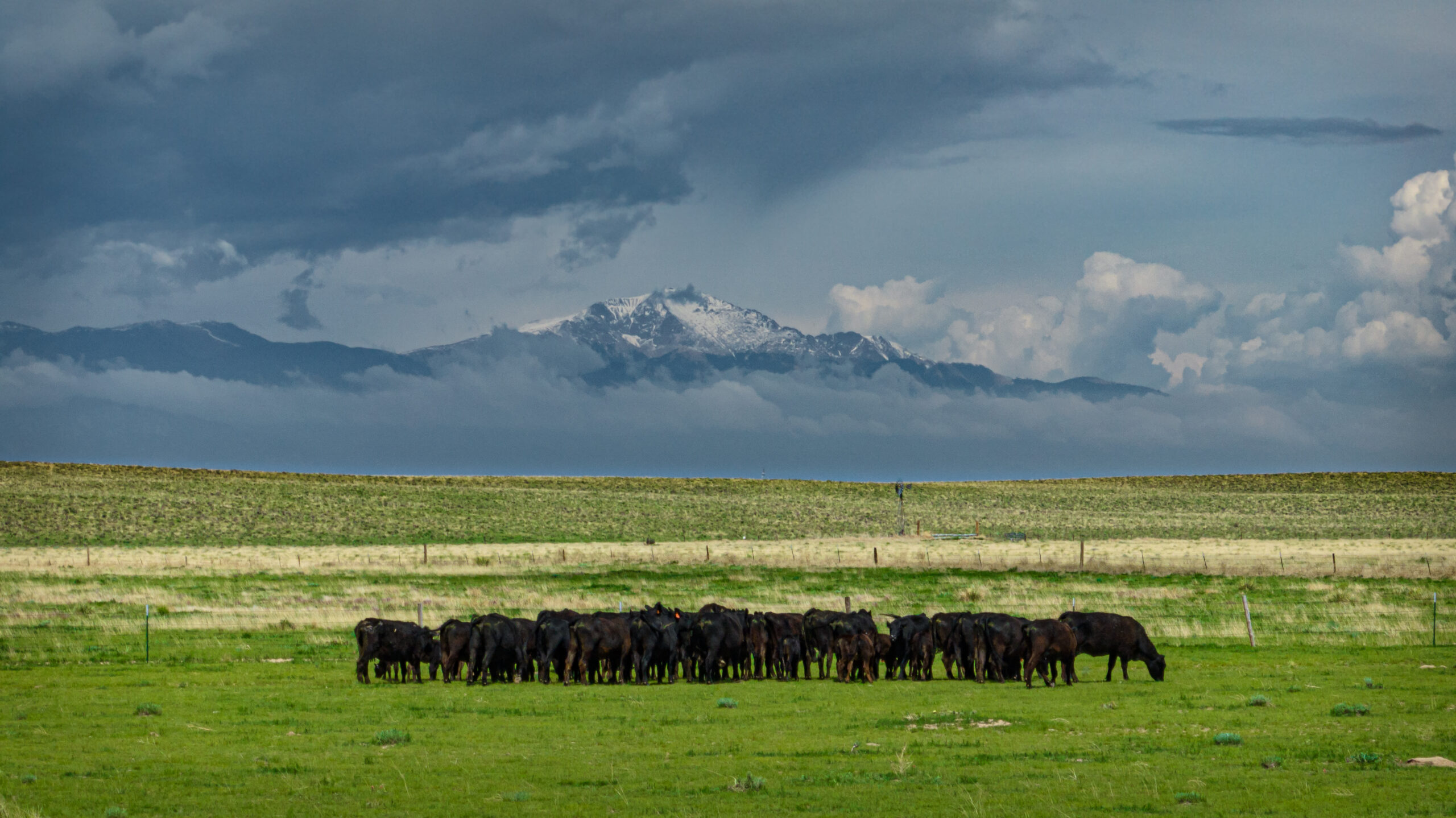
Colorado ranches stand as testament to natural splendor. Nestled among the mighty Rockies, they offer breathtaking vistas and rich wildlife. The diverse landscapes range from rugged mountains to sweeping plains. Water rights are critical in Colorado. With arid conditions, controlling water access can make or break a ranch. Prospective buyers should delve into water rights agreements and availability.
A ranch here can serve as a hub for endless outdoor activities. Imagine fishing in pristine mountain streams or hunting in the vast backcountry. Each season brings new opportunities for adventure. Buyers should also consider the ranch’s proximity to local towns. Access to amenities without losing the charm of seclusion is a balance worth finding. Colorado ranches are more than just a haven for recreation. They offer a chance to live sustainably and steward the land responsibly.
Montana’s nickname, “Big Sky Country,” perfectly captures its essence. The expansive sky stretches endlessly, lending an aura of grandeur to the landscape. This feeling draws many to Montana’s ranches, seeking solace beneath its vastness. Montana’s landscape is diverse and offers rich hunting and fishing experiences. In vast wilderness areas, these outdoor activities are both tradition and pastime.
Ranches in Montana often play a pivotal role in conservation. They maintain local ecosystems while supporting native wildlife habitats. Buyers contribute to preservation efforts when investing here. The state’s ranch economy relies heavily on agriculture and livestock. Owners can find a rewarding balance in sustainable practices that benefit the environment and provide income. With wide-open spaces, Montana ranches offer more than a home; they offer a way of life. It’s an investment in tranquility and unspoiled nature.
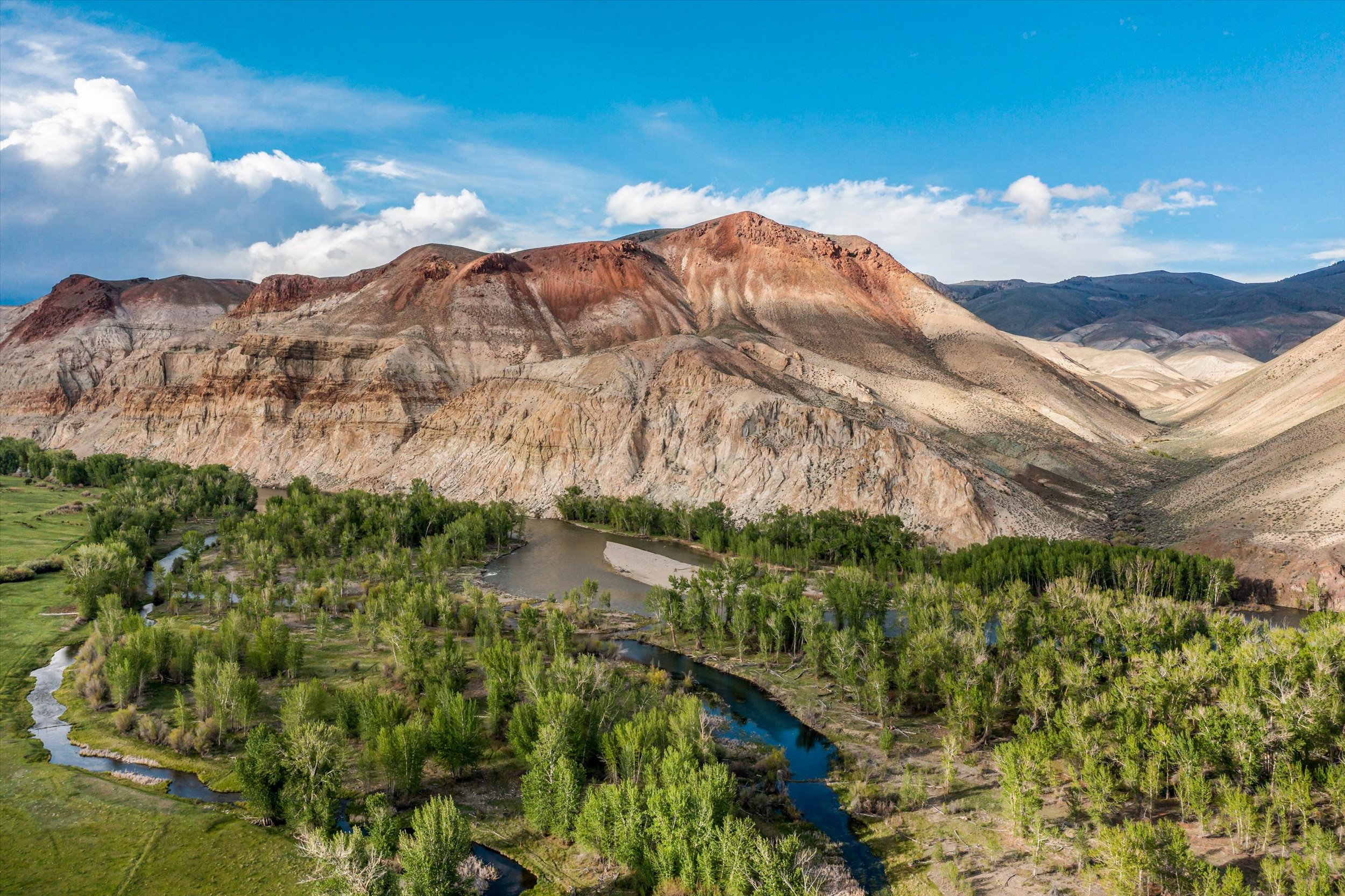
Idaho offers ranches that serve as hidden gems. Seclusion and privacy are key characteristics of its properties. These retreats promise quietude away from the crowded modern world. Idaho’s landscapes vary from picturesque mountains to dense forests. This diversity offers unique opportunities for hunting and other outdoor adventures. The state’s rich wildlife enhances these experiences. For fishing enthusiasts, Idaho’s riverfront ranches are paradise. Serene waterways teem with fish, drawing anglers from far and wide. Imagine casting a line into crystal-clear rivers, surrounded by nature.
Buyers can expect to find a strong sense of community in Idaho. Neighbors often share a commitment to preserving their beloved landscapes. In owning an Idaho ranch, individuals not only gain property, but they also join a close-knit community. It’s an investment that enriches their lives beyond the boundaries of the land.
Wyoming’s ranches resonate with iconic Western culture. Steeped in cowboy heritage, they offer a living link to America’s past. This history is part of the appeal for many buyers. Wyoming boasts vast open spaces, perfect for a host of outdoor activities. Hunt the expansive plains or ride horseback across rolling hills. The land feels limitless, encouraging adventure.
Ranchers here often embrace sustainable practices. Stewardship is about preserving land for future generations. This commitment benefits both ranchers and the broader ecosystem. One of Wyoming’s unique draws is its tax benefits. The state has no income tax, making ranch ownership financially appealing. This advantage can be significant over time. The spirit of Wyoming is one of self-sufficiency and community. Owning a ranch here means embracing both the challenges and rewards of this rugged lifestyle.

Purchasing a ranch is a sizable commitment. Prospective buyers need to delve into key aspects that can influence their decision. Understanding these can guide you in finding your dream property.
Ultimately, selecting the right ranch is about matching the property’s potential with your goals. Clarity on these factors aids in making an informed choice.
Zoning laws govern how land can be used. Regulations in that region allow you to do various activities in that region on private lands. Each region has specific guidelines, affecting everything from building permissions to hunting and fishing rules to livestock management. Know these laws before buying a ranch. Land use regulations can influence business operations. Farming, guest lodging, and recreational activities may have different restrictions. Understanding these helps plan suitable ranch activities. Consult with local authorities or experts familiar with ranch regulations. They can offer insights into how regulations impact your plans. This knowledge will aid in making informed buying decisions.
When considering a ranch, reflect on the size and the terrain. Large tracts offer privacy and potential for diverse activities. However, they also require more management and resources. Evaluate the terrain, as it influences land use. Flat lands may be ideal for crops or grazing. Meanwhile, hilly or forested areas provide better settings for recreational activities. Landscapes and precipitation directly affect cattle grazing and carrying capacities. Understand how the landscape affects accessibility and potential hazards. Steeper areas may have limited access but could hold breathtaking views. Ensure the land complements your needs and pursuits.
Existing infrastructure and operations can significantly impact the value of a ranch. Buildings, fences, and roads contribute to the property’s readiness for use. Cattle pens and working facilities that are in place are ready for use and can save on infrastructure costs. Producing hay and alfalfa operations can be a source of feed and income. What are the annual hay yields for the last 5 years? Consider the potential for further development on the property. Some buyers may want to build or expand facilities. Existing infrastructure sets the foundation for future improvements. Investigate local regulations that may affect building plans. Ensure your vision aligns with these rules. This foresight will aid smooth development in the future.
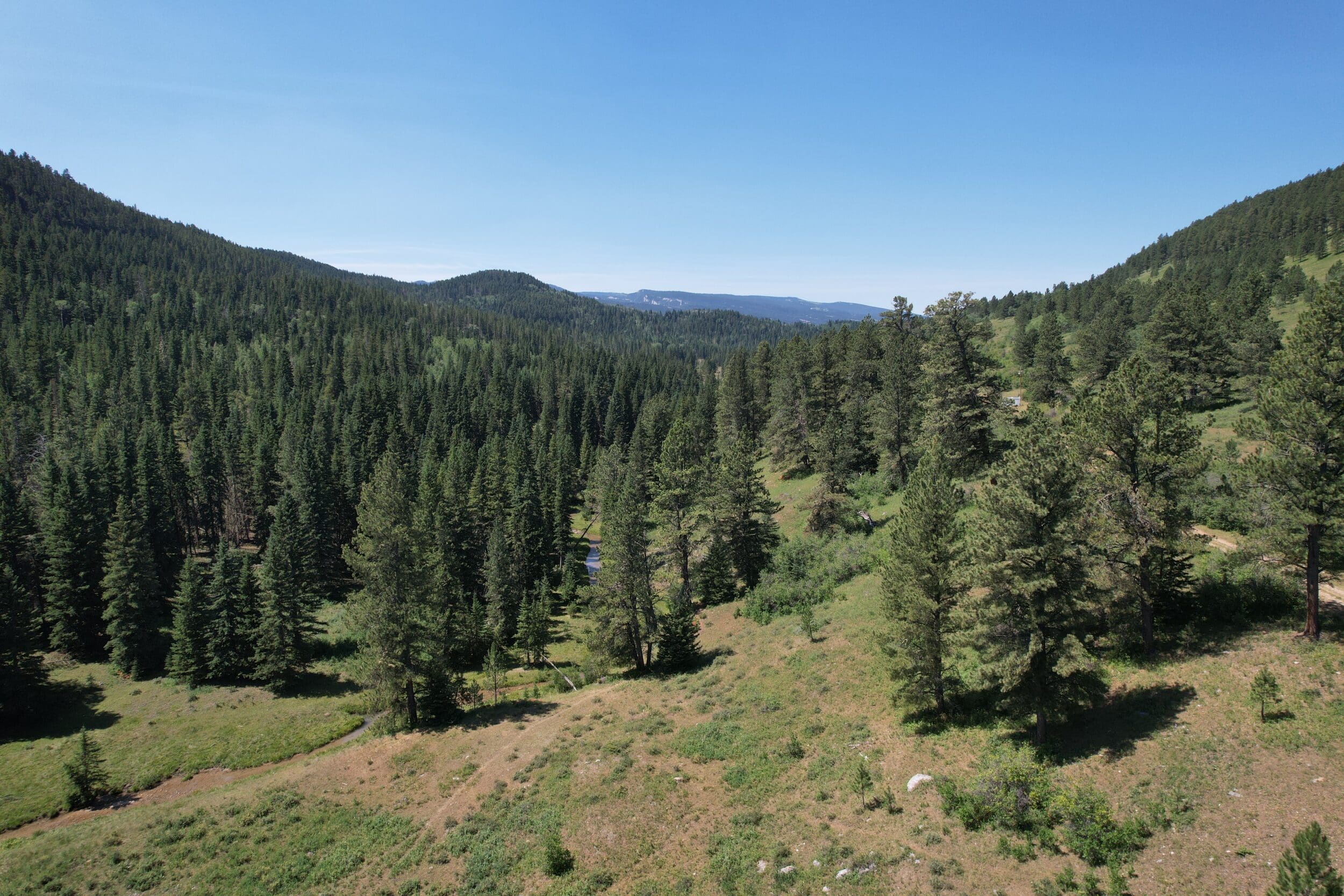
Some properties in regions around the country include subsurface rights and mineral rights that can be of high value. What minerals are available with the purchase? Are they already leased or owned by someone else? If they transfer with the title, what is the output, existing income or potential for development?
Water is vital on any ranch and comes in many ways, from live water streams and springs to ponds, lakes or well and irrigation supply. It supports livestock, irrigation, wildlife and daily needs. When purchasing, confirm what water rights come with the property. Understanding water rights means knowing how much water you can access and from where. Sources may include wells, rivers, or irrigation systems and can be quite complex. Secure water is a key aspect of sustainable ranch operations. Check local water regulations and any existing agreements. These can influence usage limits and affect long-term viability. Proper management ensures a dependable water supply for years to come.
Ranches offer an ideal setting for a variety of outdoor activities. These sprawling landscapes encourage both adventure and relaxation. They serve as a sanctuary for nature lovers and outdoor enthusiasts alike. Whether it’s hunting, fishing, or horseback riding, ranch properties provide ample opportunities to engage with nature. Each activity brings its own set of rewards, enhancing life on the ranch. The sense of freedom and connection to the land is unmatched.
Furthermore, these lands play a crucial role in wildlife management. Responsible landowners can contribute to conservation efforts. This balance supports both ecological health and recreational uses. The open spaces of a ranch invite exploration. Trails weaving through varied terrain beckon to be roamed. They offer a welcome escape from the bustle of modern life. Ultimately, ranches are not just places to live—they are playgrounds for the soul. They invite residents and visitors to embrace a lifestyle rich in outdoor pursuits.
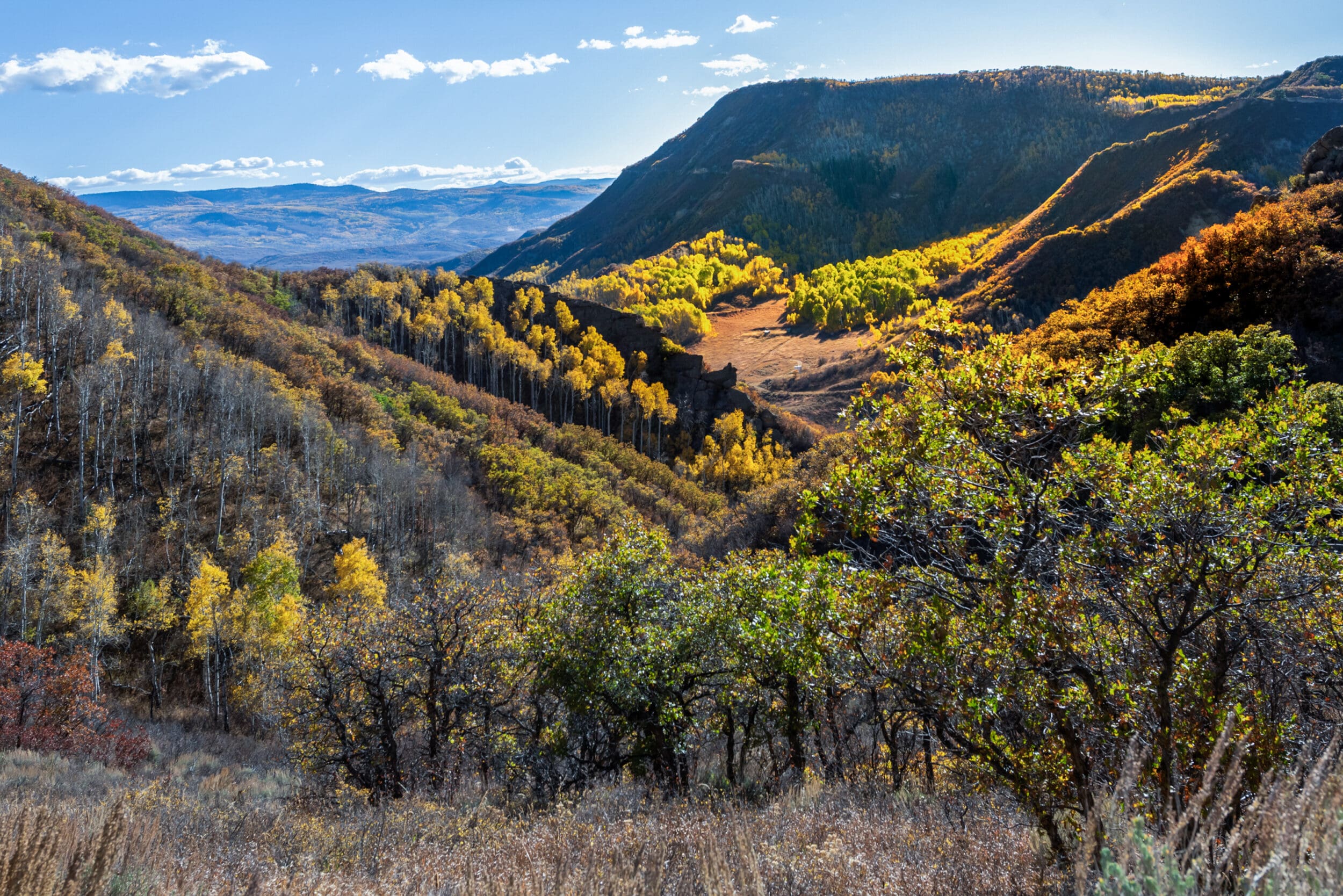
Hunting on a ranch adds a dynamic layer to ranch life. These lands offer hunters the thrill of pursuing game amidst stunning natural beauty. It’s a pursuit of skill, patience, and respect for wildlife. In addition, ranches are integral to wildlife management. Proper habitat maintenance ensures healthy animal populations. Landowners play a key role in conserving diverse species. By balancing hunting with conservation efforts, ranches support sustainable ecosystems. This partnership with nature enriches the land and fosters a thriving environment.
Riverfront ranches offer a paradise for fishing enthusiasts. They boast streams and lakes teeming with fish, making every cast an adventure. Anglers can enjoy the peace and challenge of pursuing various species. Access to clean, flowing waters is a privilege. It ensures a thriving aquatic ecosystem. Owners must consider sustainable practices to preserve these vital resources. In these tranquil settings, fishing becomes more than a pastime. It’s a link to nature, inviting moments of reflection and relaxation. The rhythmic cast and catch create a meditative experience, connecting anglers to the water and land.
Horseback riding is a cherished activity on many ranches. It epitomizes the spirit of the American West, where open land invites exploration. Riding through such vastness offers a unique perspective on the land. Trails winding through diverse terrains present endless possibilities for adventure. Riders can traverse meadows, forests, and hills, all on horseback. This connection to nature is both invigorating and grounding. For those looking to escape, horseback riding trails are an ideal retreat. They foster a bond between rider and horse, land and sky. Ranches with extensive trail networks ensure every ride offers new experiences and unforgettable moments.

Owning a ranch can offer profound rewards. It often transforms into a cherished family legacy. The land becomes a canvas for shared memories and future hopes. Ranches serve as long-term investments, providing financial security. Families passing them down through generations retain wealth and heritage. This continuity strengthens both familial bonds and land stewardship. A ranch naturally nurtures stewardship. It teaches respect for the environment and responsibility for sustainability. This legacy of care extends beyond the family, benefiting future generations.
Additionally, ranching provides a unique connection to the past. It embraces history while adapting to contemporary needs. This balance ensures its relevance and value. Ultimately, investing in a ranch is about more than money. It’s about embracing a lifestyle that honors tradition and celebrates the future. It enriches both owners’ lives and the communities they inhabit.
A ranch offers more than just a living space. It can become a family heirloom, passed from one generation to the next. This continuity provides a sense of belonging and purpose. Stewardship is at the core of ranching. It demands attention to the land and its needs. Each generation nurtures the environment, offering lessons in conservation and responsibility. As a generational investment, a ranch aligns with long-term goals. Families can create enduring legacies, fostering a deep connection with the land. This commitment transcends financial considerations, nurturing a shared identity.
A ranch’s potential for income can be substantial but with today’s input costs, usually rely on multiple revenue streams to reach financially independent operations. Many ranches support cattle operations or agricultural ventures, but these include high levels of experience, training, knowledge and education. These activities not only yield profits but also sustain the land. Sustainable practices are crucial for long-term success. They help maintain the health of both the ecosystem and the business. This approach minimizes environmental impact while maximizing productivity. Engaging in hunting and fishing leases, and tourism and agri-tourism, also offers revenue streams. Visitors experience ranch life, drawing income and creating awareness of sustainable practices. Each visitor becomes part of the ranch’s wider community.
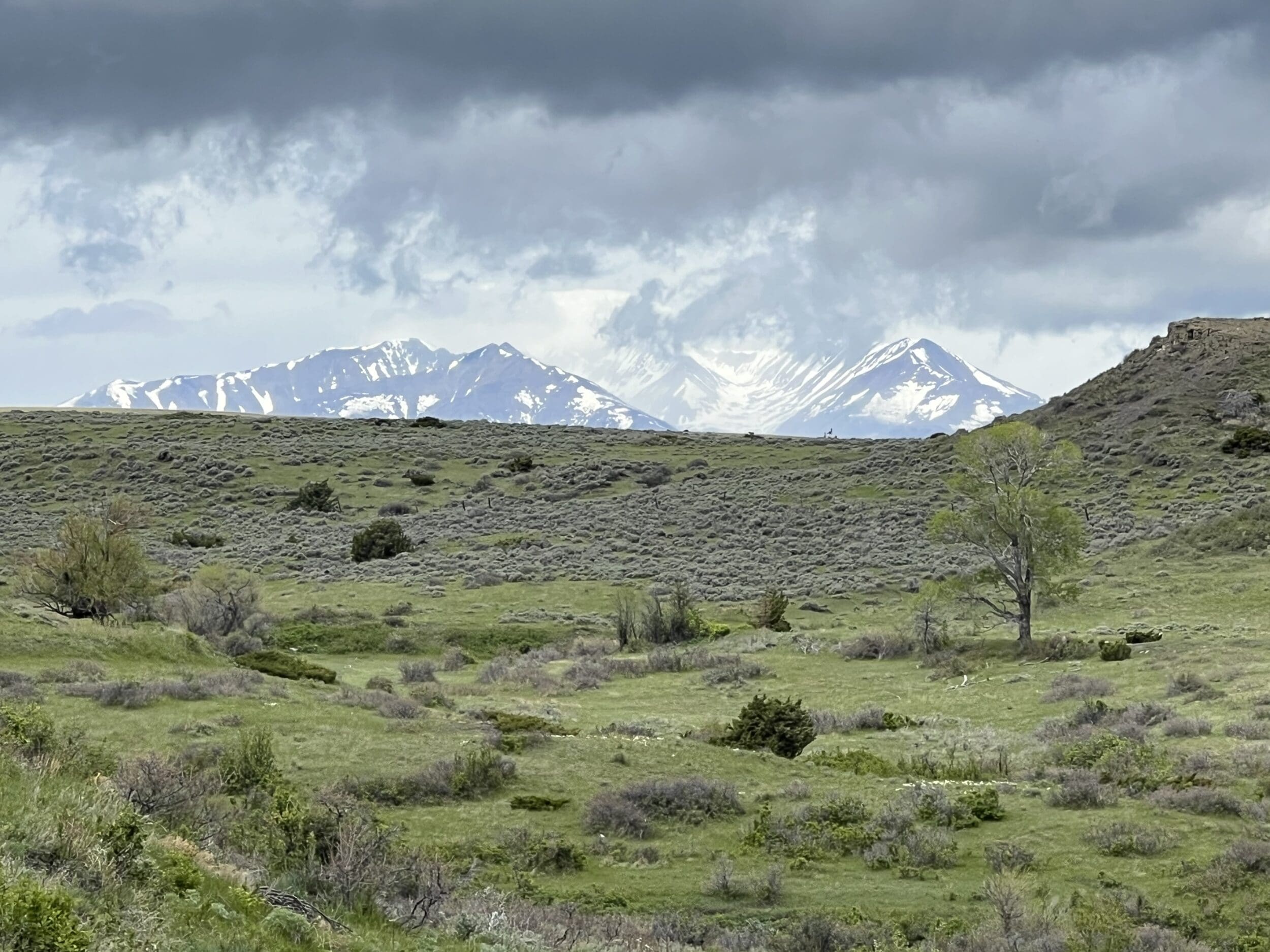
Conservation easements provide ranches with long-term protection. They safeguard land from development while offering environmental benefits. These agreements ensure that the natural state of the land endures. Ranches with conservation easements often qualify for tax benefits. These include reductions in property taxes and eligibility for federal incentives. This financial relief supports ranch owners in their stewardship efforts. Engagement with conservation easements aligns economic interests with ecological values. It reflects a commitment to preserving open spaces for future generations. This dual advantage enhances the ranch’s worth and preserves its natural beauty.
Choosing the right real estate agent is vital when buying a ranch. This decision can greatly influence your purchasing process. A knowledgeable agent from Hayden Outdoors streamlines your journey, ensuring success. Ranch properties require specialized knowledge. Not all agents have the expertise needed for such purchases. Finding an agent who knows ranches well is crucial. A good agent acts as a guide and advocate. They help you navigate complexities and answer questions. This support makes the buying process clearer and more manageable.
Expertise in ranch properties means understanding unique challenges. These include zoning laws, water rights, hunting and fishing laws, local land market knowledge and land use regulations. Your agent should have deep knowledge of these specifics. Experience is key in ranch transactions. Look for an agent with a proven track record in the rural property market. They should offer insights into market trends and property value. An expert agent understands the lifestyle and values associated with ranching. They align your needs with the right property options. This alignment ensures satisfaction and long-term happiness.

Due diligence is a critical step in buying a ranch. It involves thorough inspections and assessments. This process uncovers potential issues with the property. An experienced agent will guide you through due diligence. They coordinate inspections and gather vital information. This diligence helps you make an informed decision. Ensuring clear titles, legal compliance, water sources, and environmental assessments are part of this. Completing due diligence protects your investment. It ensures that you enter the purchase with clarity.
A strong relationship with local communities enhances ranch ownership. A real estate agent with community ties offers added value. They introduce you to local farmers, ranchers, game wardens and service providers. Building these connections benefits your ranch experience. Community relationships provide support, advice, and camaraderie. They enrich your ranching lifestyle with shared knowledge. A well-connected agent helps integrate you into the community. This integration fosters a sense of belonging and community trust. It lays the foundation for a fulfilling ranch ownership experience.
Owning a ranch offers more than just property—it’s a lifestyle choice, and it’s not for everyone. It embodies freedom, adventure, hard work and a deep connection to nature. Each day brings new possibilities, challenges and unique experiences. The decision to purchase a ranch is both significant and transformative. It invites you to embrace a self-sustaining lifestyle. This journey fosters personal growth and fulfillment. Ranches hold the promise of legacy, family bonding, and stewardship. They provide spaces for recreation, relaxation, and reflection. Embrace the ranch lifestyle and unlock the serenity and satisfaction it offers.